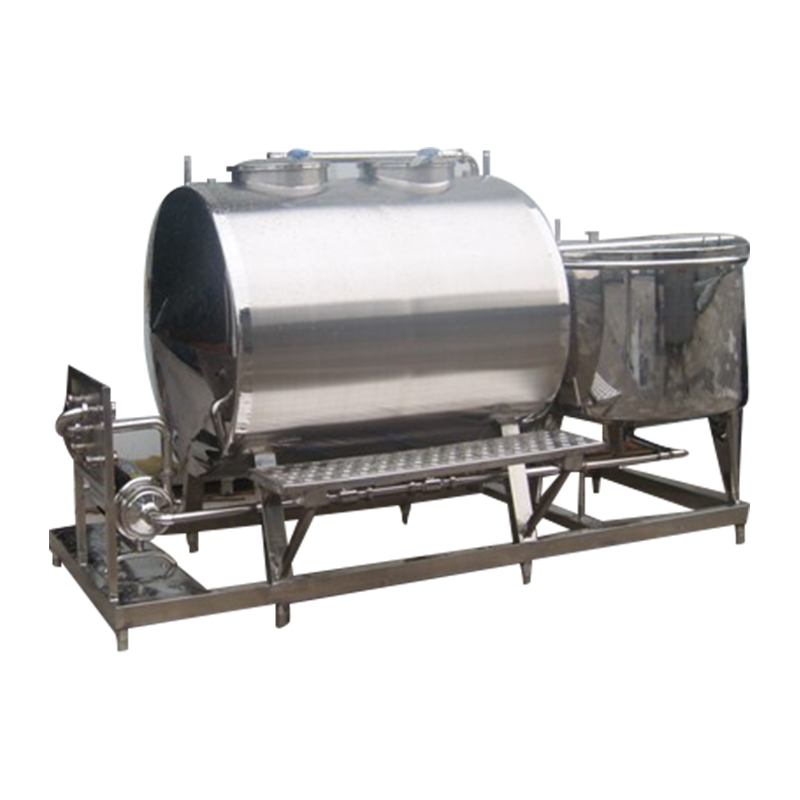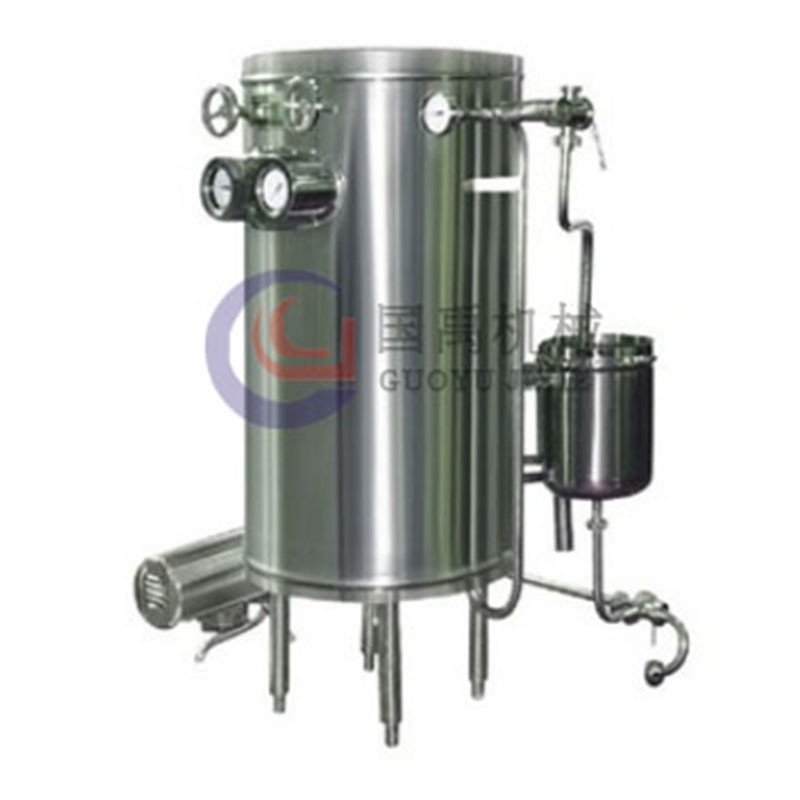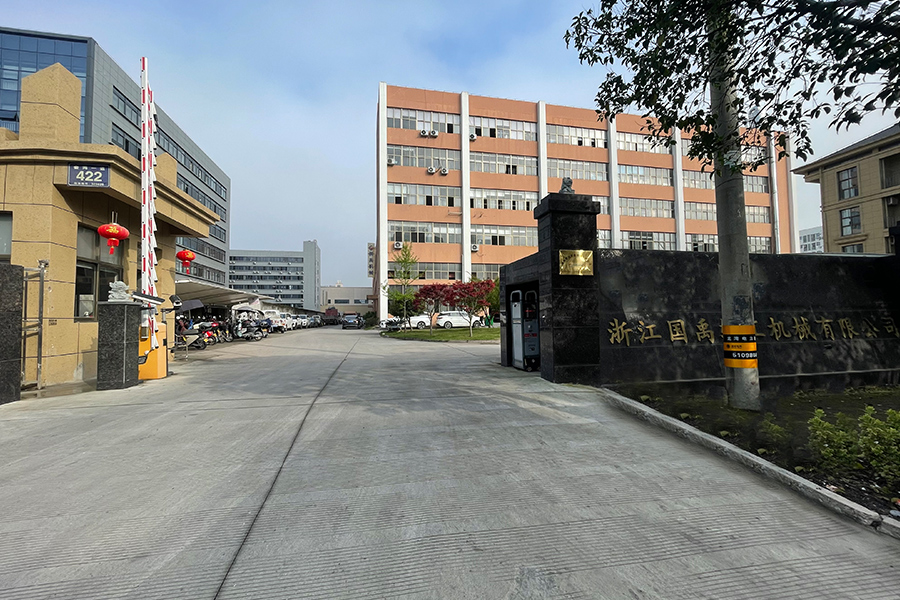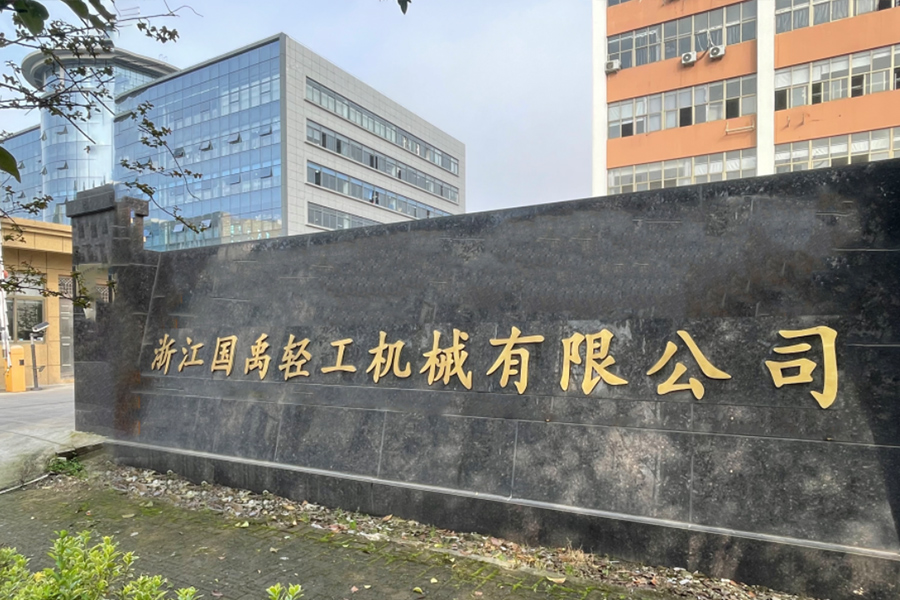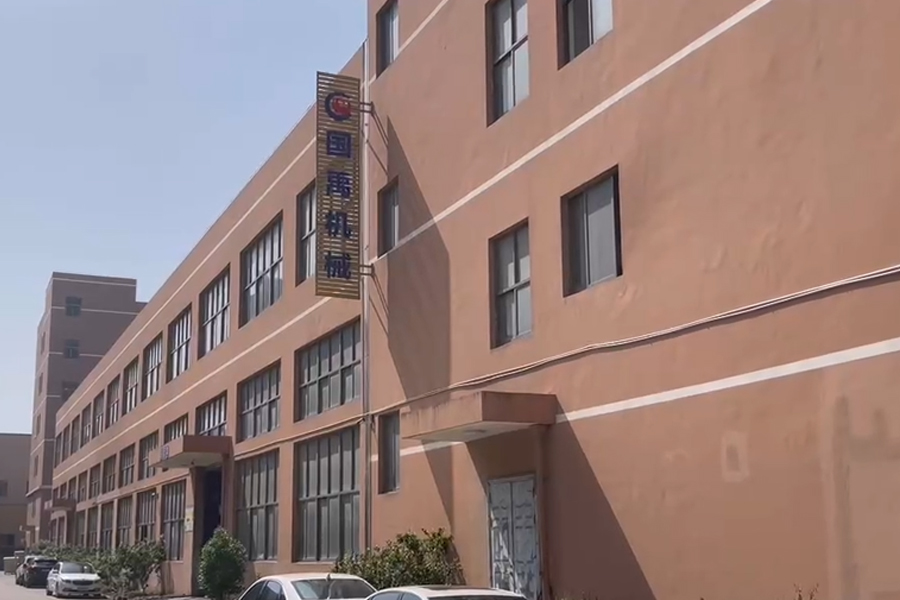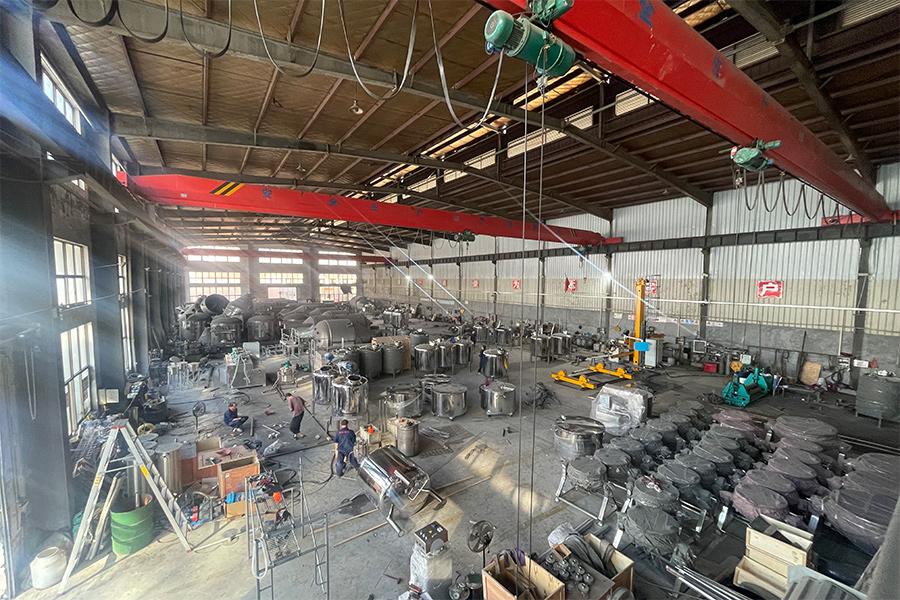A CIP (Clean-In-Place) System is an automated cleaning process used to clean the interior surfaces of tanks, pipes, and equipment without disassembly. Commonly used in industries like food, beverage, pharmaceuticals, and chemicals, CIP systems ensure thorough sanitation while reducing downtime and labor. The system circulates cleaning solutions, rinses, and sanitizers through the equipment in a controlled sequence, effectively removing residues and contaminants. CIP helps maintain product quality and safety by preventing microbial contamination and cross-contamination. Its automated nature improves efficiency and consistency, making it a critical component in hygienic production environments.
Maintaining Product Quality with CIP Cleaning Machines
A CIP (Clean-In-Place) Cleaning Machine is an automated system designed to clean the interior surfaces of pipes, tanks, and process equipment without requiring disassembly. This machine is commonly used in industries such as food and beverage, pharmaceuticals, and chemicals, where hygiene and cleanliness are critical.
CIP cleaning machines automate the cleaning of tanks and pipelines without disassembly. They circulate cleaning solutions and rinses to remove residues and contaminants. Widely used in food, beverage, and pharmaceutical industries, these machines improve hygiene, reduce manual labor, and ensure consistent sanitation in production processes.
The CIP cleaning machine operates by circulating cleaning solutions, rinsing water, and sanitizers through the equipment in a programmed sequence. The process typically includes steps like pre-rinse, detergent wash, post-rinse, and sanitization. This method ensures effective removal of residues, biofilms, and contaminants without interrupting production for manual cleaning.
These machines are equipped with pumps, valves, and control systems to regulate flow, temperature, and chemical concentration, ensuring consistent and thorough cleaning. The automation reduces labor requirements, lowers the risk of human error, and improves cleaning repeatability.
Using a CIP cleaning machine helps maintain product quality by preventing cross-contamination and microbial growth in processing equipment. It also supports compliance with industry hygiene standards and regulations.
Overall, CIP cleaning machines offer an efficient and reliable solution for maintaining cleanliness in production environments where equipment sanitation is essential for safety and quality.
Energy and Resource Efficiency with Centralized CIP Systems
A Centralized CIP System is an integrated cleaning setup designed to serve multiple process units and equipment from a single cleaning station. This system is widely used in large-scale food, beverage, pharmaceutical, and chemical plants where several tanks, pipelines, and reactors require regular cleaning.
In a centralized CIP system, cleaning solutions are prepared and controlled centrally, then distributed via a network of pipes and valves to different equipment. This centralized approach allows for better management of cleaning cycles, chemical usage, and water consumption, improving efficiency and reducing operational costs.
The system typically includes tanks for detergent, rinse water, and sanitizers, as well as pumps, sensors, and a control panel to automate the cleaning process. Programmable logic controllers (PLCs) enable precise control over flow rates, temperature, and cleaning times, ensuring each piece of equipment receives the appropriate cleaning regimen.
Centralized CIP systems enhance production uptime by allowing cleaning to occur simultaneously or sequentially without disassembling equipment. They also help maintain consistent hygiene standards across the entire facility.
In summary, a centralized CIP system provides an organized, efficient, and scalable solution for maintaining equipment cleanliness in complex processing plants.







